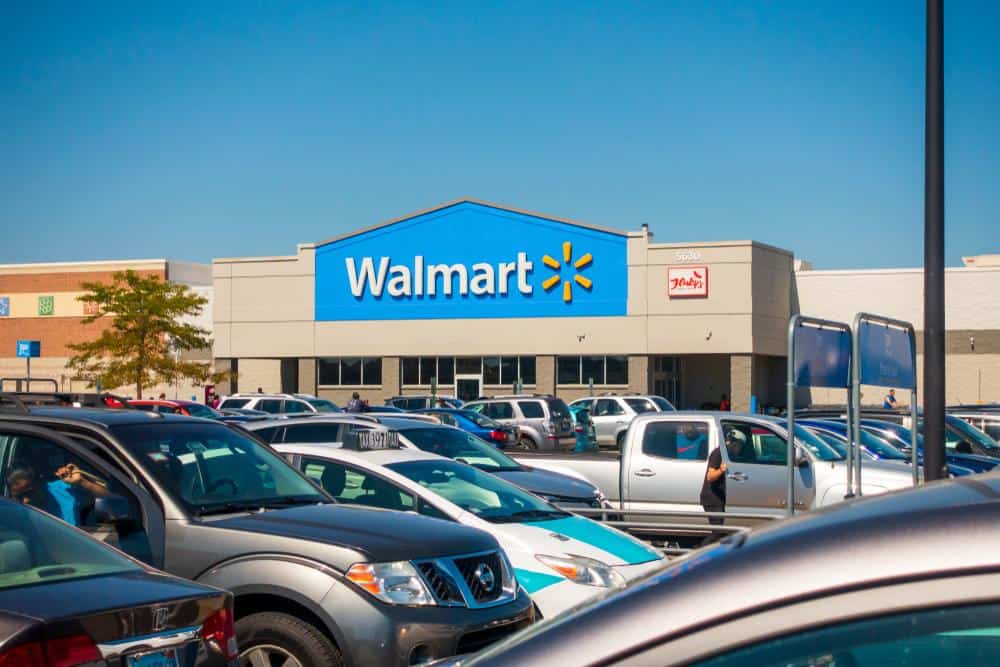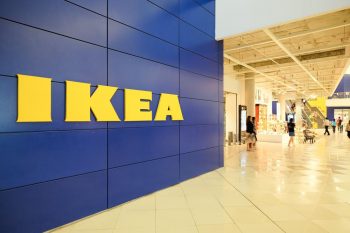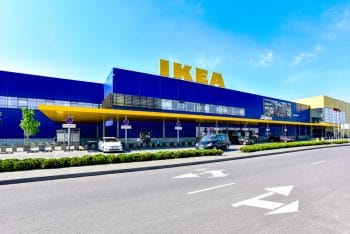
Walmart, a multinational retail corporation operating a chain of hypermarkets, discount department stores, and grocery stores, is a household name across the globe. But who exactly owns this retail behemoth?
Walmart, the multinational retail corporation, is primarily owned by the Walton family, descendants of Walmart’s founder Sam Walton. They collectively own approximately 50% of the company’s shares. Apart from the Walton family, institutional investors like Vanguard Group, BlackRock, and State Street Corporation also own a significant portion of Walmart’s shares.
The Walton Family: The Largest Shareholder
The Walton family, descendants of Walmart’s founder Sam Walton, are the largest shareholders of Walmart. They collectively own approximately 50% of the company’s shares. Some prominent members of the Walton family include Jim Walton, Alice Walton, Rob Walton, and Lukas Walton.
S. Robson Walton, Sam Walton’s oldest son, served as Walmart’s chairman from 1992 to 2015, playing a crucial role in the company’s growth. After Rob Walton stepped down as chairman, his son-in-law, Greg Penner, took over the position.
The Walton family’s influence on Walmart remains significant, both in terms of ownership and management. Their significant ownership ensures stability in the company’s ownership structure while benefiting from the expertise of independent directors.
Institutional Ownership
Apart from the Walton family, institutional investors also own a significant portion of Walmart’s shares. Some of the largest institutional investors include the Vanguard Group, BlackRock, and State Street Corporation. As of December 30, 2022, Vanguard Group held 130,535,145 shares (4.84% ownership), BlackRock held 97,023,189 shares (3.60% ownership), and State Street Corporation held 60,630,374 shares (2.25% ownership).
Walmart’s Ownership Evolution
Walmart was founded by Sam Walton in 1962 with the opening of the first store in Rogers, Arkansas. The Walton family owned 24 stores by 1967, generating $12.7 million in sales. In 1970, Walmart became a publicly traded company, with the first stock sold at $16.50 per share.
Throughout the years, Walmart expanded its operations and made several acquisitions, such as the Mohr-Value stores in 1977. The company officially incorporated as Wal-Mart Stores, Inc. in 1969 and changed its legal name to Walmart Inc. in 2017. Walmart has also expanded internationally, opening its first international location in Mexico City in 1991.
Controversies and Legal Issues
Despite its success, Walmart has faced several controversies and legal issues related to its ownership and operations. These include accusations of monopolistic practices, employment discrimination, and allowing its money transfer services to be used by fraudsters.
Impact on Employees and Communities
Walmart’s ownership has both positive and negative impacts on its employees and the communities where it operates. While it provides employment opportunities and competitive pay and benefits, it can also lead to job losses in local retail businesses and negatively affect local economies.
Comparisons with Other Retail Corporations
In comparison to other major retail corporations, Walmart’s ownership structure is characterized by a significant family ownership component. This is not always the case for other retail corporations, which may have a more diverse ownership structure.
Conclusion
In summary, Walmart is owned by its shareholders, with the Walton family being the largest shareholder. The company’s ownership structure, strategies, and policies have been significantly influenced by the Walton family’s control. Despite facing several controversies and legal issues, Walmart continues to be one of the largest and most successful retail corporations in the world.
Frequently Asked Questions
Who was the founder of Walmart?
The founder of Walmart is Sam Walton. He opened the first Walmart store in Rogers, Arkansas, in 1962.
What was the price of the first Walmart stock when it became a publicly-traded company?
The first Walmart stock was sold at $16.50 per share when it became a publicly traded company in 1970.
What are some of the controversies that Walmart has faced?
Walmart has faced several controversies including accusations of monopolistic practices, employment discrimination, and allowing its money transfer services to be used by fraudsters.
How does Walmart’s ownership structure compare to other major retail corporations?
Compared to other major retail corporations, Walmart’s ownership structure is characterized by a significant family ownership component. This is not always the case for other retail corporations, which may have a more diverse ownership structure.
What impact does Walmart have on its employees and the communities where it operates?
Walmart provides employment opportunities and competitive pay and benefits. However, its presence can also lead to job losses in local retail businesses and can negatively affect local economies.











